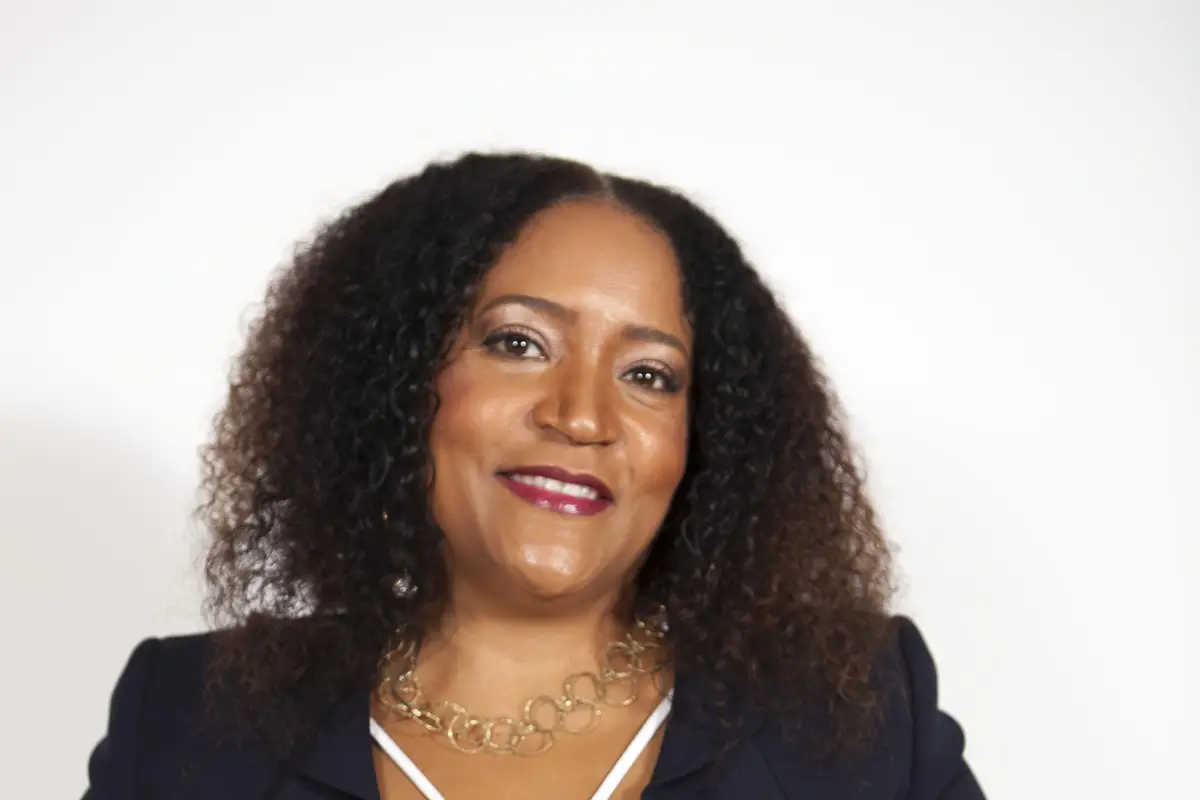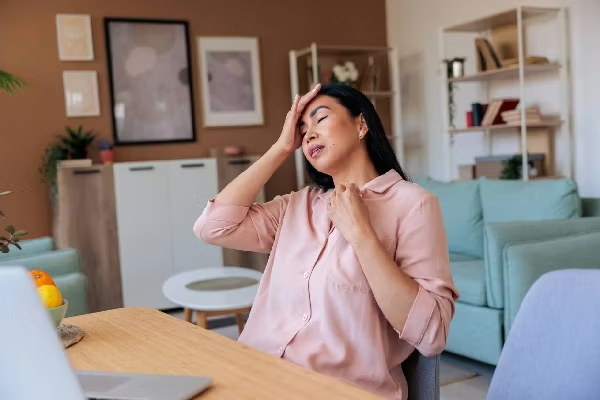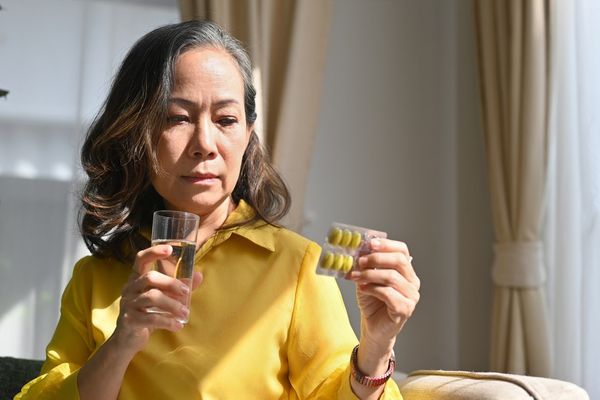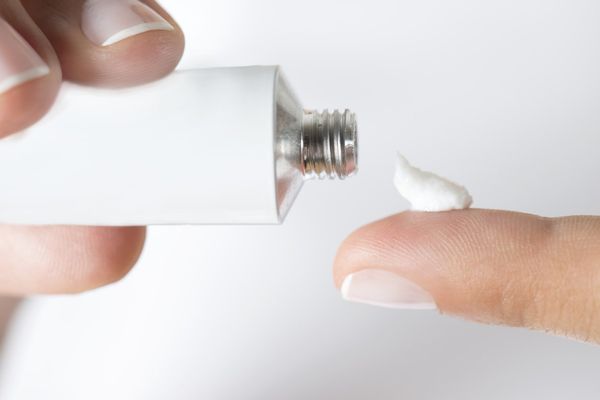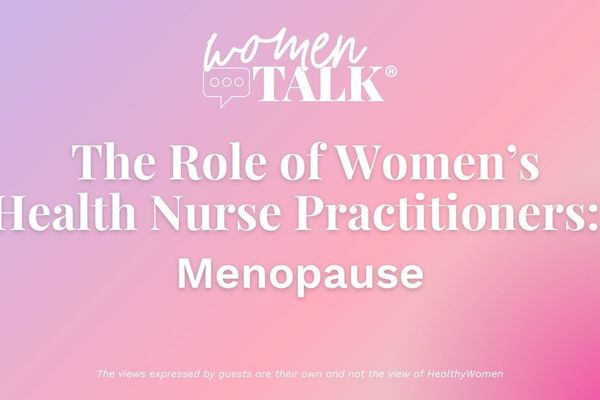As told to Diana Whitney
My first encounter with menopause came before my 52nd birthday. It was summer in Florida, and this hot flash hit. It was shocking and debilitating, like an inferno within me that kept intensifying and intensifying. Luckily I was at home, not in the office or out at a social event. It happened in a private moment.
Although I'd heard people talk about hot flashes, I didn't recognize what it was at first. I just knew something extreme was happening with my body. I tried to dismiss it, but when it happened again, I called my stepmother.
"Aha," she said, "it's probably a hot flash." Then she described her personal experience with menopause symptoms, which was incredibly helpful, since my mother had died in her early 50s and we'd never discussed menopause.
What struck me in that moment, as I was experiencing these intense symptoms, was how much I wanted to call my mom. I'd been prepared for puberty and for both pregnancy and childbirth. And I had prepared my own daughters for puberty. But the flip side of puberty is menopause, when our reproductive season comes to an end. It's a natural transition, but it's not taught in schools. We all get puberty training when we're preteens, but we don't get any menopause training.
During that phone call, my stepmother gave me great advice — what might help, what not to try. Then she said, "Oh, and by the way, it's going to last 10 years."
It was like a bucket of cold water had been dumped on my head. Ten years! The nonchalance with which she said it was an epiphany for me. I realized she probably wasn't alone in her decade of symptoms. So I started doing research. I learned that for African-American women like myself, as well as Latina women, menopause is more intense. Often, it starts earlier and lasts longer than for women from other cultures.
Women have fought so hard to get a seat at the table. Now we're sitting at the table and coping with symptoms that can be very uncomfortable. We don't want to show up sweaty and battling an internal inferno. And we don't want to tell our colleagues, I need a menopause break.
So in the workplace, we tend to suppress what we're going through because it puts us at a disadvantage. And in the household, we tend to focus on our children and families, rather than ourselves. We just deal with it and "suck it up" because we're meeting everyone else's needs.
But we've also discovered ingenious tricks like sticking your head in the freezer to cool down, which I've done. I've tried everything — wet washcloths, frozen necklaces, personal fans, putting my bare feet on a cold marble floor. My girlfriend says that when it gets really intense, she crawls up on the granite countertop and just lays there. It's a nice cool sensation.
Still, we're trying all these things independently, not sharing our experiences in a community. If you're fortunate, you have a group of friends who are going through the change together. But if menopause comes at varying times, women feel isolated. The important conversations aren't happening enough.
And often the doctors we're seeing aren't certified in menopause. I've learned that through the North American Menopause Society (NAMS), you can find a directory of clinicians across the country who are certified menopause practitioners. Your primary care physician or even your gynecologist may not have expertise in menopause.
After my own shocking hot flashes, I learned about perimenopause and began to recognize other symptoms I'd been having for years — like mood swings and anxiety. And I became passionate about helping other women understand this transition. Rebranding menopause as a natural and liberating season of life has become a movement for me. I've been connecting with organizations like NAMS, HealthyWomen and AARP.
I also started Multigenerational Sisterhood, a Facebook group for women 25 and older to share information, advice and personal experiences about our health and menopause. I wanted to create a safe community where women across the generations could encourage each other on our reproductive wellness journeys and destigmatize menopause in the process.
I have two daughters in their 20s, and I've been talking openly with them about what I'm going through. My girls are empowered now because they know how their bodies will transition over time. Many of their friends share that they've never had a conversation with their mothers about menopause.
One friend would take layers and layers of clothing home every time she went to visit her mom, because the house was always frigid. Then one day she went home, and the house was at a comfortable temperature. When she asked her mother why, her mom said, "Oh, I'm over that now." For 10 years, the house had been a freezer, and the daughter never understood that it was menopause.
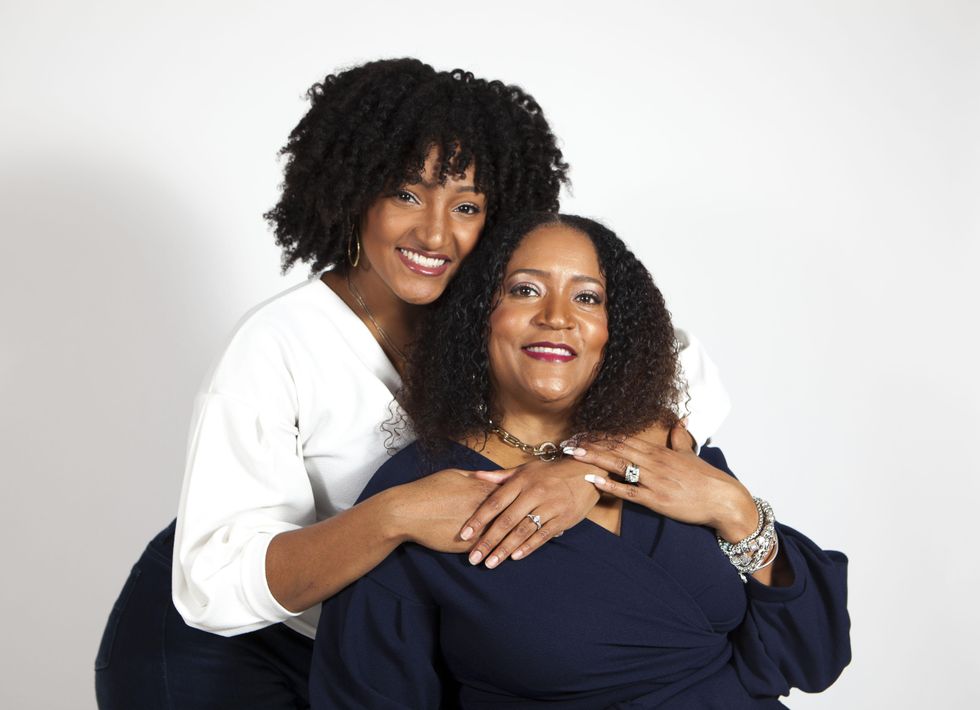
Debbie Dickinson and her daughter, Markea, building a multigenerational movement
I also have two sons aged 18 and 22, and I include them in this conversation. They're supportive of women and in awe of what we juggle — our families, our work and now menopause, which seems like an adult puberty. As we normalize the conversation about menopause across generations and genders, the culture of silence starts to shift.
This is a new frontier in women's health. We've had a movement around menstruation, and it's become more acceptable for girls to talk about their periods without shame (although we still have a ways to go globally). But I can't tell you how many women I meet who say: I've never talked about menopause. I've never expressed this before.
My own menopause journey has improved significantly. I've found a doctor who is certified in menopause and connected with several communities of compassionate women. My perspective has also changed — I now view menopause as a natural season of life, something to embrace and celebrate with dignity.
Debbie Dickinson is a happily married mom of four. She is an experienced benefits attorney with a J.D. degree from Harvard Law School and a lecturer at The Wharton School of Business. Also a serial entrepreneur, Debbie enjoys traveling, gardening and writing.

